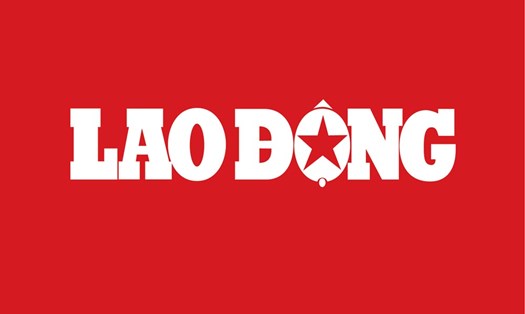Generous financial support
China, a global leader in electric vehicle technology, has implemented a series of aggressive financial policies to boost consumption and the shift from gasoline-powered vehicles to electric vehicles. Beijing recently doubled subsidies for electric vehicle buyers to 20,000 yuan ($2,770), up from the previous 10,000 yuan, as initial measures fell short of expectations for electric vehicle sales growth.
The policy of increasing subsidies is not only to encourage people to switch vehicles but also to ensure the sustainable development of China's electric vehicle industry. This is Beijing's response to the economic slowdown in the second quarter of 2024, with GDP growing 4.7%, lower than expected.
This financial support shows the determination to promote domestic consumption and maintain the leading position in the clean technology field.
Sales of electric and hybrid vehicles in China have been growing steadily since April 2024, with a 28.6% year-on-year increase in June to 856,000 units. Financial subsidies have played a key role in stimulating consumer demand. First-time buyer subsidies were introduced in 2009 and peaked in 2014 at 100,000 yuan, driving EV sales fourfold the following year.
The Chinese government also exempted electric vehicles from a 5% tax and reduced registration fees by 50%, while the cost of registering a gasoline vehicle can run into tens of thousands of dollars. These measures have created a huge attraction for consumers.
In addition, Beijing has converted its entire bus system to electric vehicles since 2017, pioneering the reduction of emissions in major cities. In addition, converting taxis to electric vehicles is also a top priority. The model of Shenzhen, where 99% of taxis are electric, is being replicated in Beijing. This not only reduces operating costs but also significantly improves air quality.
Building charging infrastructure
To meet the growing demand for electric vehicles and promote the transition from gasoline-powered vehicles to electric vehicles, Beijing has invested heavily in developing charging infrastructure.
By 2022, the city will have installed more than 200,000 charging stations in residential areas, commercial centers, and public places, helping consumers eliminate concerns about energy access and creating a complete electric vehicle ecosystem.
In addition to financial support and infrastructure development, Beijing has implemented policies to restrict gasoline vehicles through new license plate limits and high fees. According to The Guardian, many owners choose to buy electric cars because of the benefits of these policies rather than environmental reasons.
At the same time, the Chinese government is also encouraging domestic manufacturers to improve technology and reduce prices of electric vehicles to increase competitiveness in the market. This is expected to reduce the price war that is damaging the profit margins of manufacturers, thereby moving towards more sustainable development for the electric vehicle industry.











